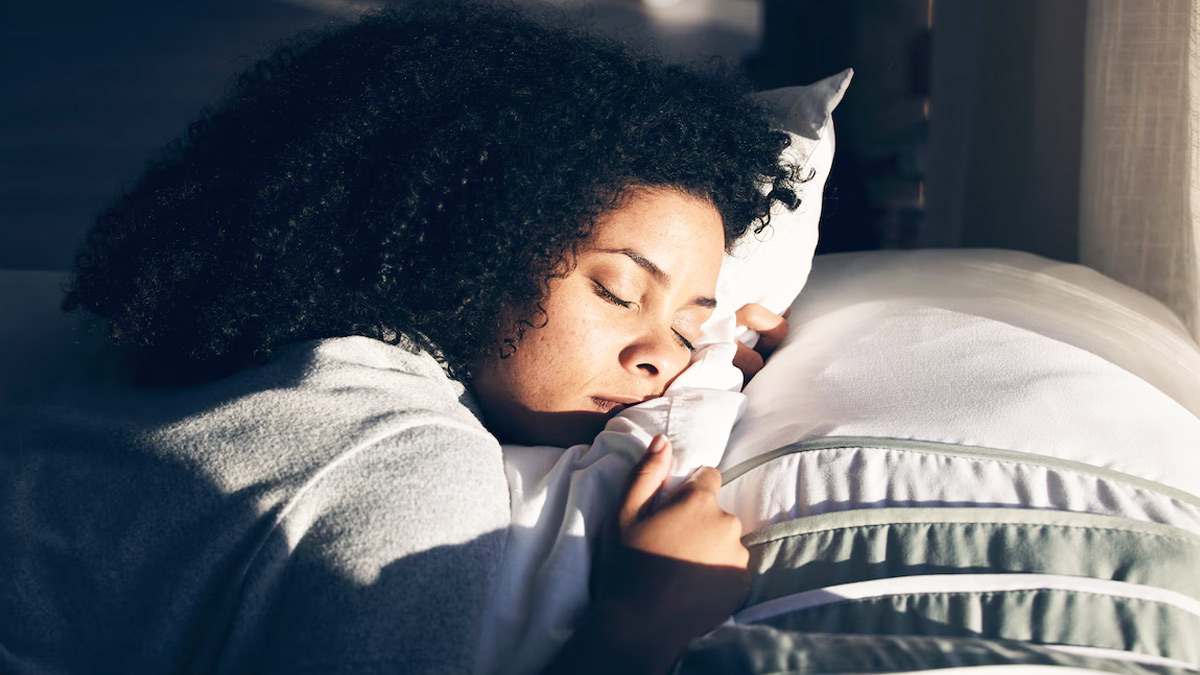
Skipping sleep may seem like no big deal. However, the lack of rest can have an impact on our bodies never imagined. One thing to know about it: it increases the chances of type 2 diabetes. You might believe that having good food can protect you, yet there is a study demonstrating that the lack of sleep damages glucose management all by itself. Read ahead to explore what a recent study found in a simple, clear, and helpful manner for anyone trying to protect their health.
Table of Content:-
The Study and What It Found![skipping sleep may increase Diabetes Risk 2 - 2025-08-21T152421.446]()
A study from the University of Technology Sydney looked at this connection closely. The study shows how sleeping less than six hours a night can raise your chances of developing diabetes significantly. The research relied on the data provided by the UK Biobank, which covers more than 240,000 adults over more than 10 years. Researchers examined the relationship between the length of sleep and the development of type 2 diabetes. They categorised sleep times on a normal basis (7-8 hours), mild short sleep (6 hours), moderate (5 hours), and extreme short sleep (3-4 hours). They discovered that individuals who slept five hours or less were more at risk of diabetes.
Here’s what they discovered:
- Sleeping five hours was linked to a 16% higher risk of getting type 2 diabetes.
- Sleeping between three and four hours increased the risk by 41 percent against those who slept 7-8 hours/night.
- Sleeping less was shown to affect diabetes risk even in people with a healthy diet. This implies that sleep is a crucial aspect regardless of whatever you engage in.
ALSO READ: Constantly Getting Less than 7 hours of Sleep? Here's How It Is Harming Your Brain
Why Does Short Sleep Increase Diabetes Risk?![short sleep risks diabetes 1 - 2025-08-21T152425.159]()
There are several reasons why a lack of sleep might raise diabetes risk:
- Loss of sleep can result in insulin resistance, where the body does not use insulin well. Insulin controls the levels of blood sugar
- Inadequate sleep elevates inflammation, visceral fats in the blood, which damages insulin actions.
- It disrupts the body’s natural clock (circadian rhythm), affecting hormone balance that controls blood sugar.
- Sleep deprivation also changes hunger hormones, making people feel hungrier and more likely to eat sugary or unhealthy foods, which adds to the problem.
Other Sleep Factors That Affect Diabetes Risk![diabetes risks 5 (21)]()
The study and others show that the relationship between sleep and diabetes is complex. For example:
- Sleeping too long (more than eight hours) can also increase diabetes risk, possibly because of weight gain linked to extra sleep.
- The quality of poor sleep and abnormal sleep patterns is also a risk factor.
- Daytime naps exceeding 30 minutes in duration at a time during the day may also increase the risk because they interfere with nighttime sleep and the rhythm of hormones.
Tips to Protect Your Health![tips for better sleep 3 - 2025-08-21T152415.886]()
To reduce your risk of diabetes, pay attention to the best sleep habits:
- About 7 to 8 internal quality rest at night.
- Maintain a regular sleeping schedule, bedtime and waking up on time.
- Avoid prolonged daytime sleep, and possibly more than 30 minutes at a time.
- Maintain healthy sleep behaviours, such as disengaging with screens in advance of bed, as well as making your room cool and dark, and quieting yourself up to bedtime.
- Combine healthy sleep with nutritious food and physical exercise.
ALSO READ: Struggling to Remember Dreams? Researchers Reveals Bedtime Habits That May Help
Conclusion
Missing sleep is not just feeling sleepy; though, it can really increase your risk of getting type 2 diabetes. This is further depicted in the latest comprehensive study that shows how even healthy people are prone to this risk as their sleeping hours are less than six hours. Good sleep also assists your hormones and insulin in keeping your blood sugar in balance. Regular, restful sleep and other healthy routines are important protective behaviours that can be prioritised to preserve long-term health and minimise risks of diabetes.
Also watch this video
How we keep this article up to date:
We work with experts and keep a close eye on the latest in health and wellness. Whenever there is a new research or helpful information, we update our articles with accurate and useful advice.
Current Version


-1755770148224.jpg)
